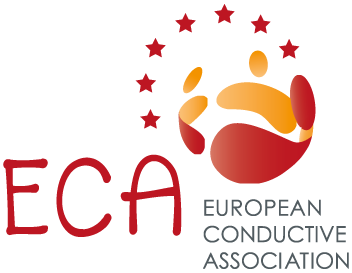Origin of Conductive Education
The Conductive Education’s origin lies in the works of Hungarian Physician and Educator, Professor András Petö, who founded the National Institute of Motor Therapy, today András Petö Faculty.
In 1945 Petö created a framework for an educational model that children with disabilities could have an education that met their particular physical and intellectual needs. He founded the National Institute of Motor Therapy.
After the second world war, Petö received his medical admission and began his therapeutic movement work with 14 children who were assigned to him by the ministry for education from a state-run orphanage. These children were counted as not been able to be educated. As an experiment, Petö wanted to apply his developed method of Conductive Education in praxis. He developed structured programmes for these children and organised life and work in a group with the help of four medical students. The daily structure was planned very precisely. Children were not diagnosed but monitored and motivated to do daily tasks like eating, going to the toilet, getting dressed. The experiment was so successful that after 2 years some of the children were able to attend school.
The concept of Conductive Education was born.
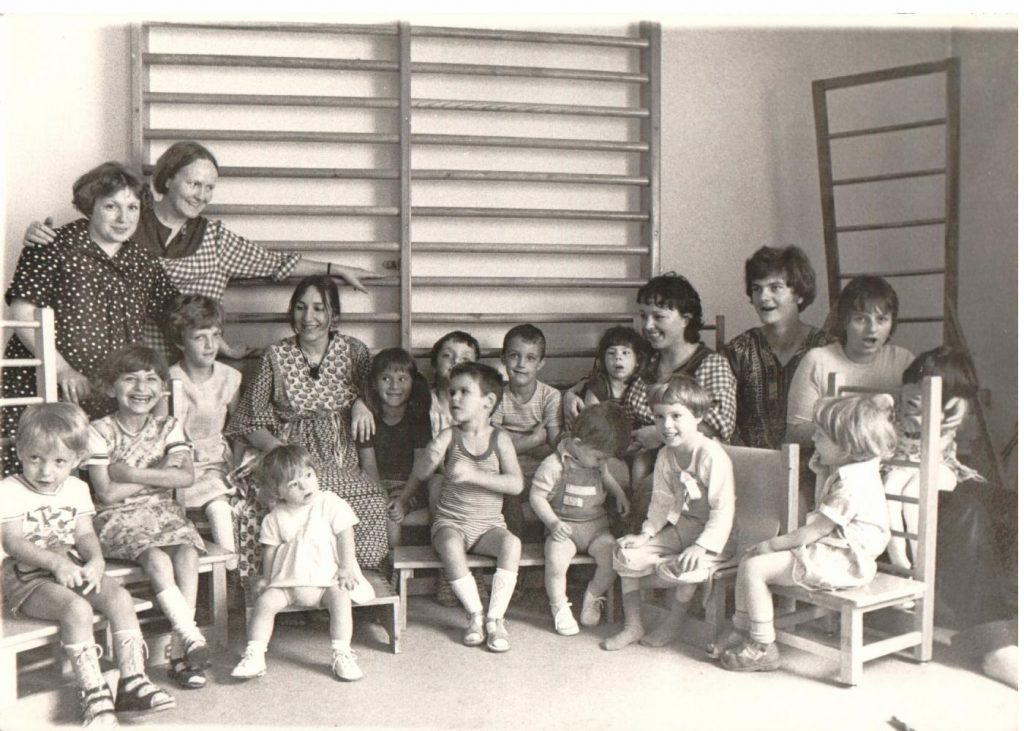
Children on specially designed chairs
In 1950 the institute reached a capacity of 80 children, which from then on, was funded by the government.
In 1963 the institute no longer belonged to the health ministry but became part of the educational sector. A milestone for Conductive Education was reached.
Since 1963 the Petö Institute has been training conductors.
András Petö died on September 11, 1967, at the age of 74 years. Maria Hari, who worked closely together with Petö, then led the institute until 1992. Other important personalities followed.
In 2017 the Faculty became part of the Semmelweis University in Hungary and is now run under the official Dean, Dr. Tenk Miklósné dr. Andrea Zsebe.
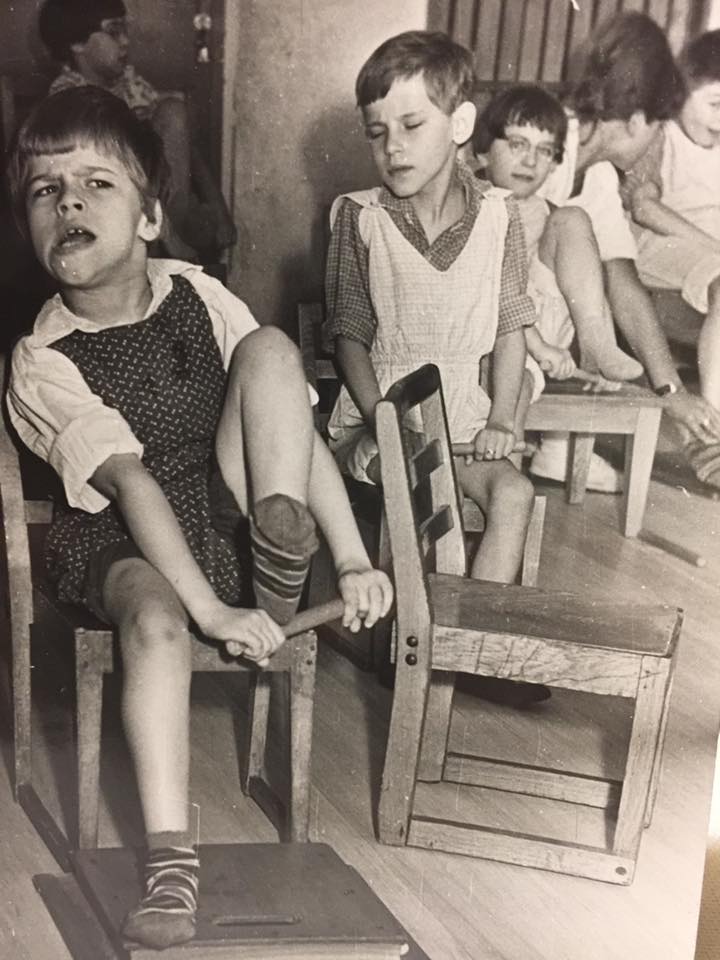
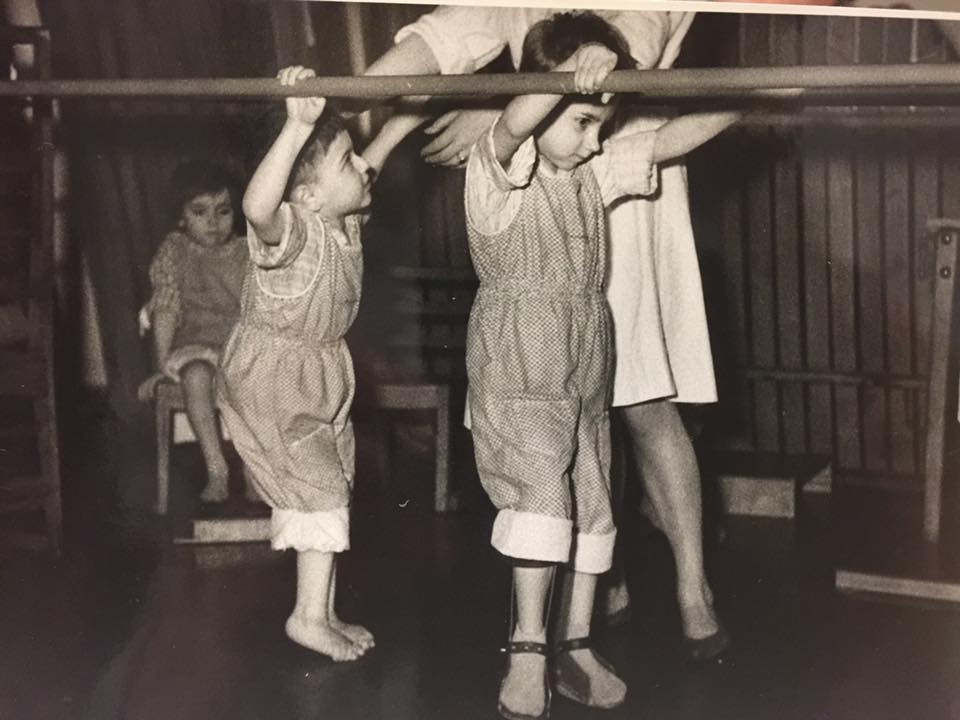
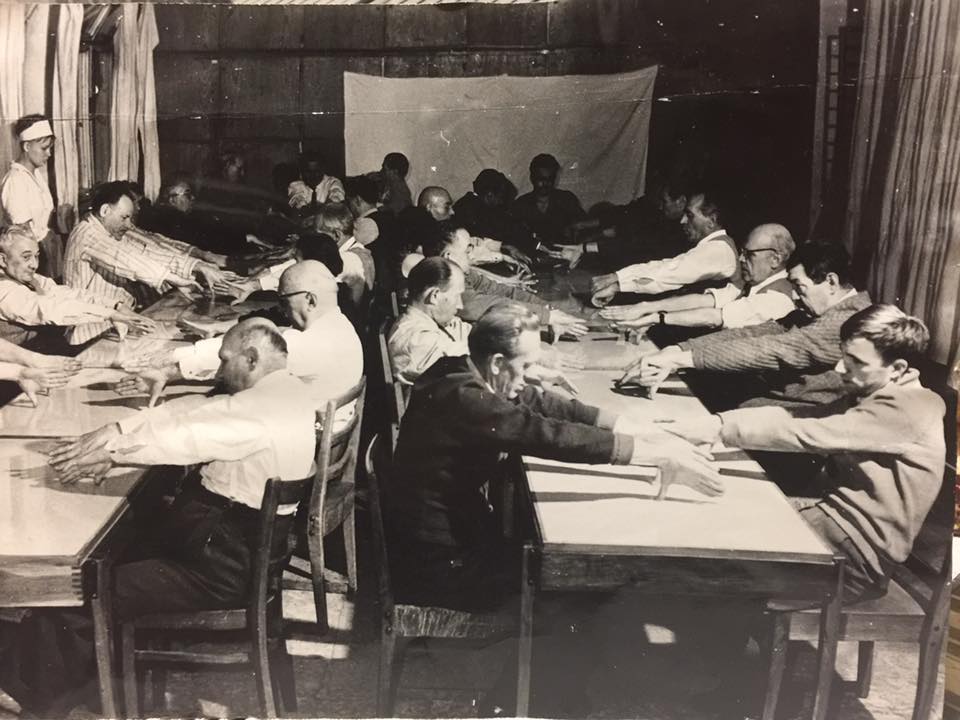
Professor
Dr. András Petö
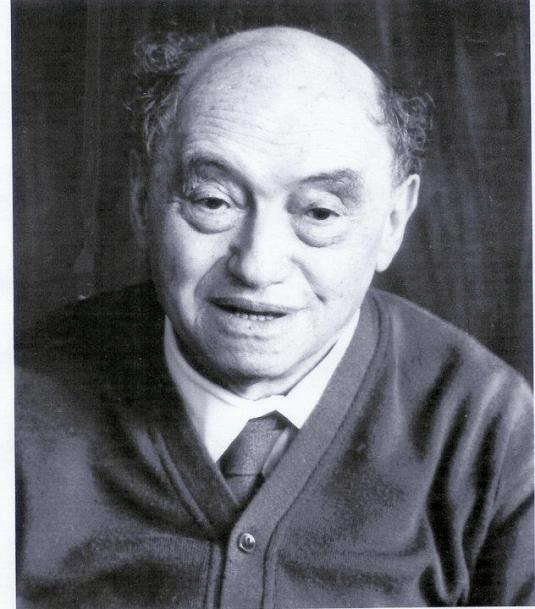
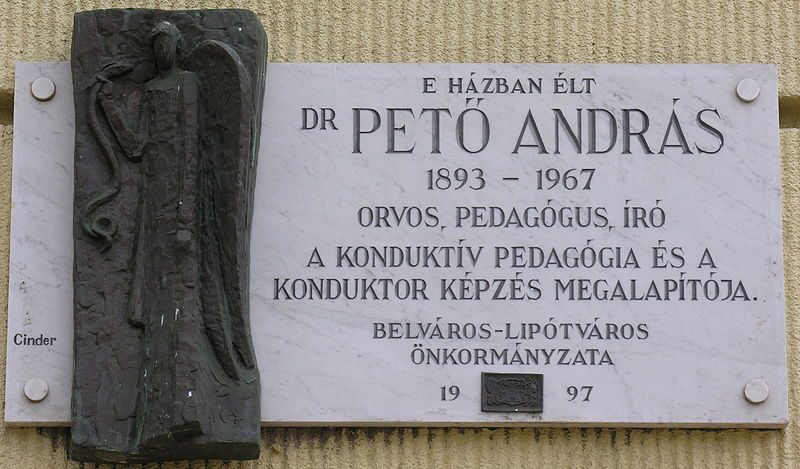
In Memory of
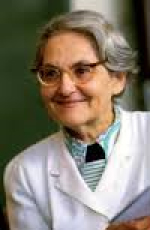
After Petös death, Dr. Mária Hári, his medical student and colleague, continued his work successfully in Petös spirit and became the director of the Institute.
She was teaching many of us personally and we are very grateful for meeting and learning from her. She did a lot for the international recognition of Conductive Education! She was an honorary professor at Birmingham University.
Dr. Mária Hári died on October 6, 2001, at the age of 78.
Thank you, Mária for all you have done!
